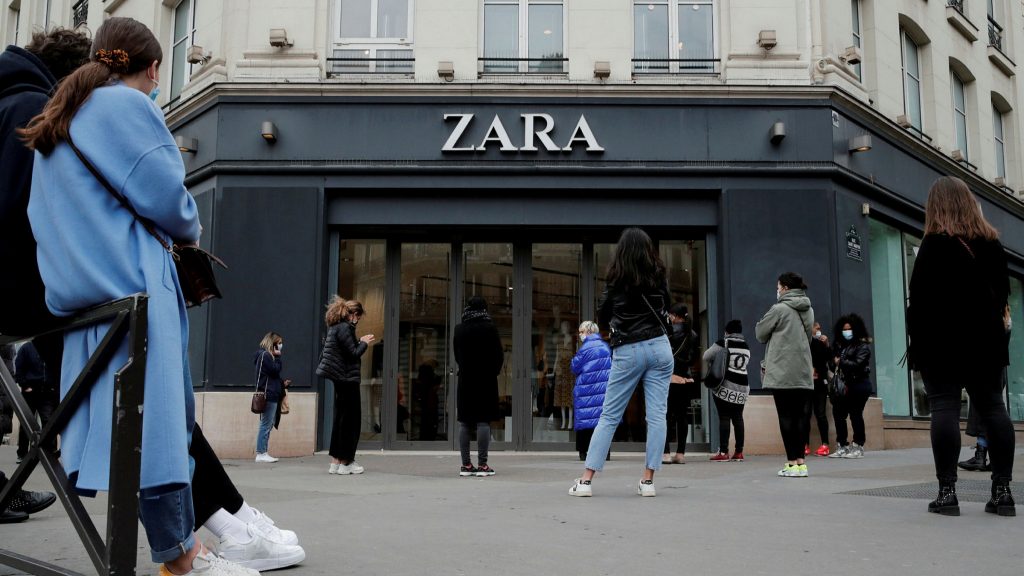Inditex expects online sales to account for over 25% of the total by 2022, compared with 14% in FY19, underpinned by an integrated online-store network that is structurally nimble, sustainable and smart. It will have larger, higher quality stores, higher levels of profitability, and helping generate 4-6% like-for-like growth annually. Each store will act as a fashion distribution hub in the heart of the most strategic shopping districts of the world’s leading cities, forging an interconnected global distribution network that is responsive to emerging shopping habits. Ultimately, Inditex plans to have a total network of between 6,700 and 6,900 stores, from 7,412 today, which will involve opening 450 new stores fitted with all the latest sales integration technology and absorbing between 1,000 and 1,200 smaller-sized stores, which account for 5% to 6% of total sales and are less well positioned to offer the new customer experiences. Most of these smaller stores are older stores belonging to brands other than Zara.
By region, the plan envisages giving a definitive boost to certain brands’ online sales platforms, specifically those of Bershka, Pull&Bear and Stradivarius in China and Japan; in Spain, the Group will continue the process underway for the last three years of opening larger stores while absorbing smaller ones, as observed in cities such as Bilbao and Pamplona; in the Americas and the rest of Europe, the priority will be to consolidate the strategy driving full integration of the physical and digital worlds.
Thanks to this platform, using the data generated by the RFID system, Inditex can seamlessly bring up all of the latest fashion creations on any device in real time; track demand with no time lags; manage stocks with the utmost efficiency; and accurately fine-tune production, all of which is in line with the Group’s sustainability objectives by ensuring no excess. Those measures will be accompanied by the strategic raw material initiatives committed to at the 2019 AGM: the majority of fabrics used to make clothing sold by any of Inditex’s eight brands will be sustainable, organic or recycled by 2025; that target will be delivered sooner for fibres such as viscose, which will be 100% sustainable in 2023.

